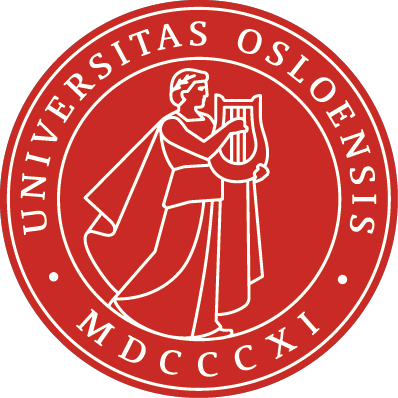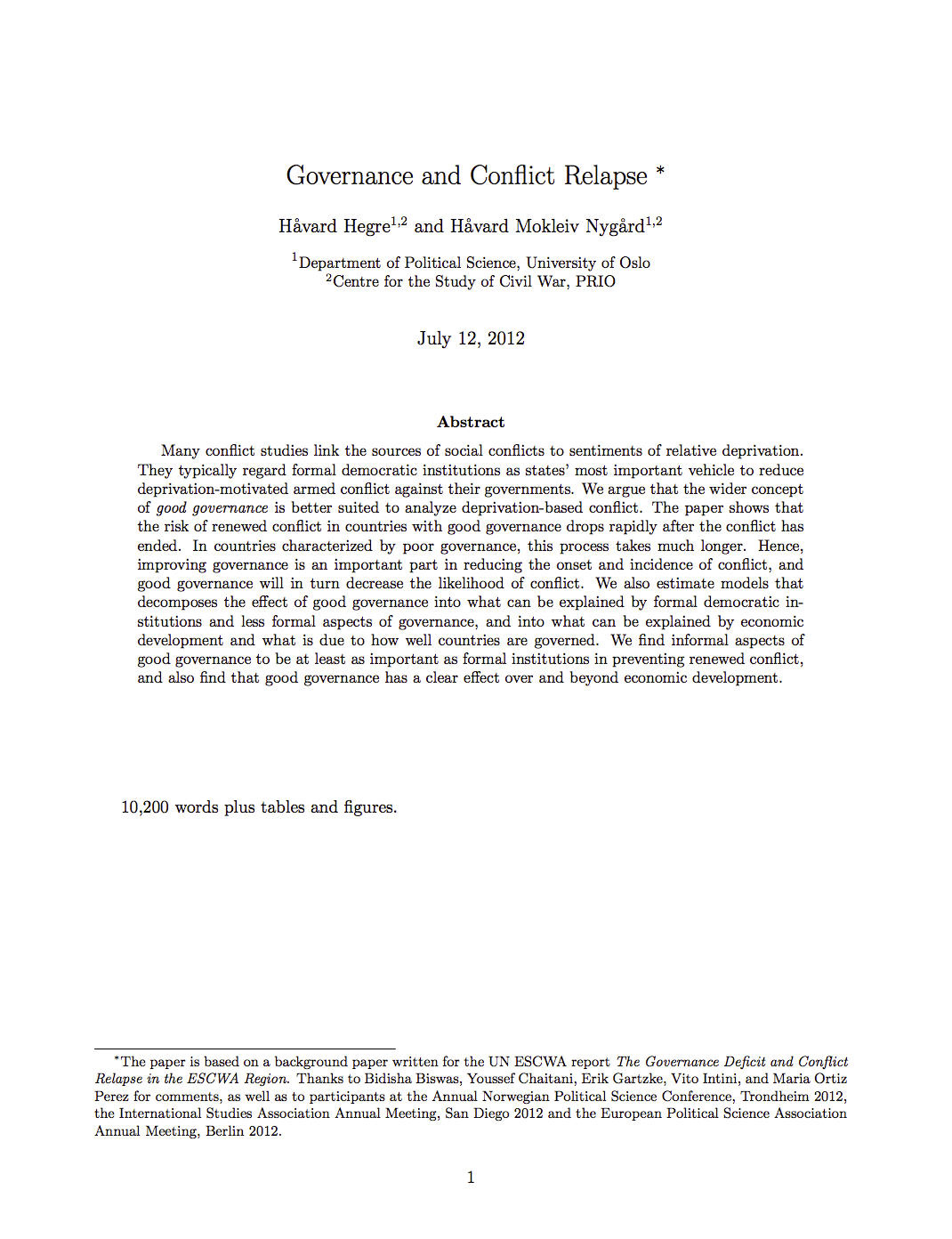Location
P.O. Box 1072 Blindern
NO-0316 OSLO
Norway
The University of Oslo was founded in 1811 as the first in Norway.
Located mainly on Blindern Campus in the northern part of Oslo, UiO has eight faculties:
- Faculty of Medicine
- Faculty of Dentistry
- Faculty of Law
- Faculty of Theology
- Faculty of Humanities
- Faculty of Mathematics and Natural Sciences
- Faculty of Social Sciences
- Faculty of Education Sciences
The capital university is also home to the Viking Ship Museum, the Historical Museum and the Natural History Museum, a Main Library with 3.6 million holdings and a wide range of associated units and centres.
The University of Oslo has an operating annual budget of NOK 6.6 billion, and most of its funding comes from the Norwegian Government.
Ranking
UiO is the highest ranked institution of education and research in Norway - and one of the World's Top 100 universities, according to the Shanghai World Ranking. With five Nobel Prize winners, UiO has a strong track record of pioneering research and scientific discovery.
Research
As a classical university with a broad range of academic disciplines, UiO has top research communities in most areas. Moreover, UiO currently has 8 National Centres of Excellence and a strategic focus on interdisciplinary research in the field of energy and life sciences in particular. As a broadly based, non-profit research university, UiO has access to good public funding schemes. Lab and office facilities, libraries and technical support are at the high end.
Education
UiO offers more than 800 courses in English at all levels, around 40 Master’s degree programmes taught entirely in English and several PhD programmes. UiO focuses on research-based education and attracts highly qualified students from all over the country.
Internationalization
UiO attracts students and researchers from all over the world. As of 2015, 15 percent of the student population is from foreign countries. 22 percent of the academic staff and 31 percent of the PhD candidates are from abroad.
Members:
Resources
Displaying 1 - 3 of 3ORCHIDEE-PEAT (revision 4596), a model for northern peatland CO2, water, and energy fluxes on daily to annual scales
Governance and Conflict Relapse
Many conflict studies link the sources of social conflicts to sentiments of relative deprivation. They typically regard formal democratic institutions as states’ most important vehicle to reduce deprivation-motivated armed conflict against their governments. We argue that the wider concept of good governance is better suited to analyze deprivation-based conflict. The paper shows that the risk of renewed conflict in countries with good governance drops rapidly after the conflict has ended. In countries characterized by poor governance, this process takes much longer.
Human Rights, Formalisation and Women’s Land Rights in Southern and Eastern Africa
Contains chapters on formalisation of land rights; women’s land rights – a human rights-based approach; a market-based approach to land rights, followed by country studies on Tanzania, Mozambique, South Africa, Zimbabwe and Kenya.




